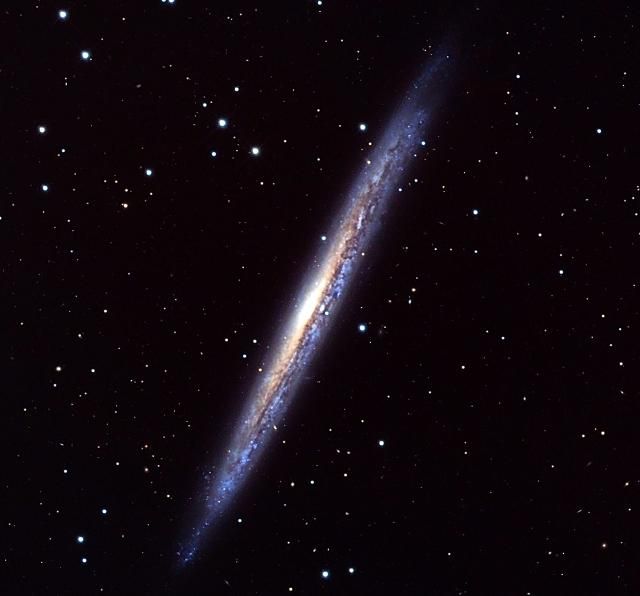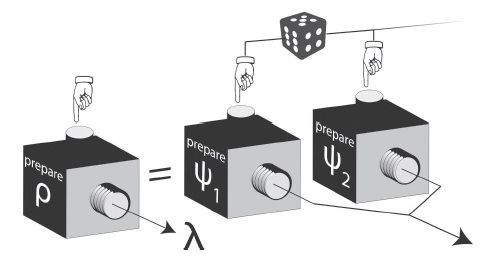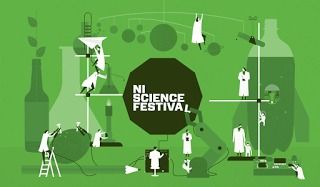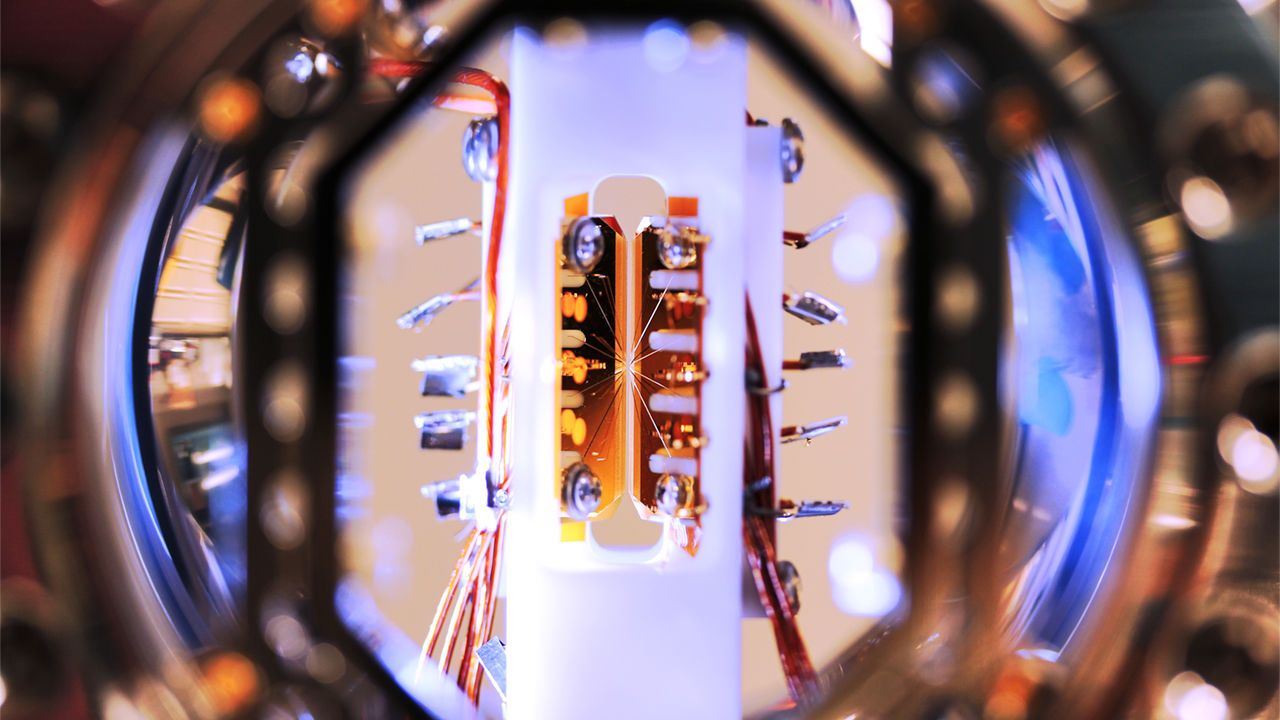ESA’s XMM-Newton satellite has detected the most ultra x-ray bright and most distant pulsar yet known.



(Phys.org)—Physicists are getting a little bit closer to answering one of the oldest and most basic questions of quantum theory: does the quantum state represent reality or just our knowledge of reality?
George C. Knee, a theoretical physicist at the University of Oxford and the University of Warwick, has created an algorithm for designing optimal experiments that could provide the strongest evidence yet that the quantum state is an ontic state (a state of reality) and not an epistemic state (a state of knowledge). Knee has published a paper on the new strategy in a recent issue of the New Journal of Physics.
While physicists have debated about the nature of the quantum state since the early days of quantum theory (with, most famously, Bohr being in favor of the ontic interpretation and Einstein arguing for the epistemic one), most modern evidence has supported the view that the quantum state does indeed represent reality.

A team of researchers led by physics professor Immanuel Bloch has experimentally realized an exotic quantum system which is robust to mixing by periodic forces (Nature Physics, “Periodically driving a many-body localized quantum system”).
When James Bond asks the barkeeper for a Martini (“shaken, not stirred”), he takes it for granted that the ingredients of the drink are miscible. If he were to place the order in a bar in the quantum realm, however, Agent 007 might be in for a surprise!


Published: 2012/11/01 | ISBN: 311027325X | PDF | 349 pages | 12.06 MB
The subject of this book is theory of quantum system presented from information science perspective. The central role is played by the concept of quantum channel and its entropic and information characteristics. Quantum information theory gives a key to understanding elusive phenomena of quantum world and provides a background for development of experimental techniques that enable measuring and manipulation of individual quantum systems. This is important for the new efficient applications such as quantum computing, communication and cryptography. Research in the field of quantum informatics, including quantum information theory, is in progress in leading scientific centers throughout the world. This book gives an accessible, albeit mathematically rigorous and self-contained introduction to quantum information theory, starting from primary structures and leading to fundamental results and to exiting open problems.


Congrats Dr. Happer.
I’ve been waiting to find out who will be Pres. Trump’s science adviser. It appears to be physicist Dr. William Happer, a physicist currently teaching at Princeont University, and former Director of the U.S. Department of Energy’s Office of Science from 1991–1993. He’s no slouch as a scientist. His work for the Air Force on the sodium guidestar laser platform for the military’s missile defense program provided information on the tropopause layer in the upper atmosphere, which is where atmospheric wave fronts distort both starlight and laser emissions, and where heat either begins to leak into space or does not, depending on how much and what kind of gas is blocking heat radiation.
The tropopause is the boundary between the troposphere, where we live and where weather takes place, and the stratosphere. The layers above that are the stratosphere, where stratocirrus clouds form as floating clouds of ice, the mesosphere, the thermosphere and the top, very thin layer, the exosphere. Beyond that is space.
Dr. Happer’s view of the whole climate thing clashes badly with the PC crowd’s notions about it, mostly because during the development of the sodium guidestar, he had to learn the physics and chemistry of the troposphere and the tropopause, and the layers above the troposphere.

If you’ve ever wondered how a vaccine given decades ago can still protect against infection, you have your plasma cells to thank. Plasma cells are long-lived B cells that reside in the bone marrow and churn out antibodies against previously encountered vaccines or pathogens.
While plasma cells are vital components of the immune system, they can also be a contributor to disease, as is the case in autoimmune diseases, such as lupus and rheumatoid arthritis, and in certain cancers, such as multiple myeloma.
Now, a group led by researchers at the University of Pennsylvania School of Veterinary Medicine, has come to a better understanding of how these cells are maintained. Using a specialized type of microscope that captures the movement and interaction of cells in living organisms, the scientists observed that, in the bone marrow, immune cells called regulatory T cells closely interact with plasma cells and support them. When the T cells aren’t there, plasma cells vanish.
Optical nano-antennas are ideal to enhance light-matter interactions at the nanometer scale. Yet in most designs, the region of maximum field localization and enhancement, the “hotspot”, is not readily accessible since it is buried into the nanostructure.
In a recent collaboration between EPFL in Lausanne, Fresnel Institute in Marseille and ICFO groups led by ICREA Professors at ICFO Maria Garcia-Parajo and Niek van Hulst, researchers present a new nanofabrication technique that applies planarization, etch back and template stripping to expose the excitation hotspot at the surface.
The large flat surface arrays of in-plane nano-antennas feature gaps as small as 10 nm with sharp edges, excellent reproducibility and full surface accessibility of the hotspot confined region. The novel fabrication approach drastically improves the optical performance of plasmonic nano-antennas to yield giant fluorescence enhancement factors, together with nanoscale detection volumes in the 20 zepto-liter range.
